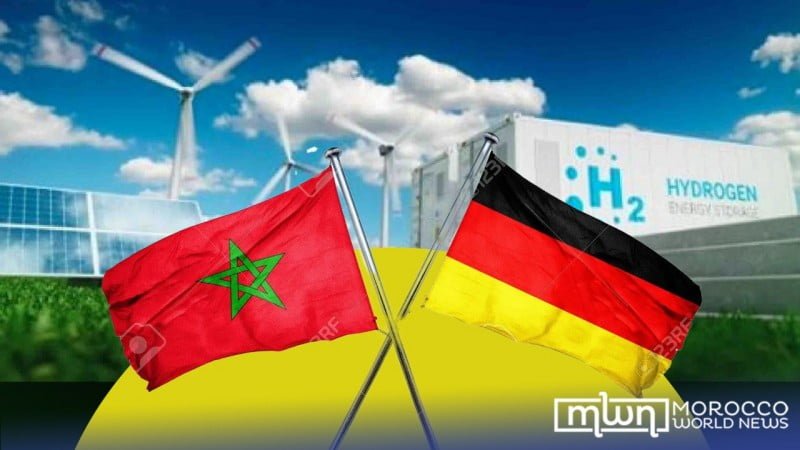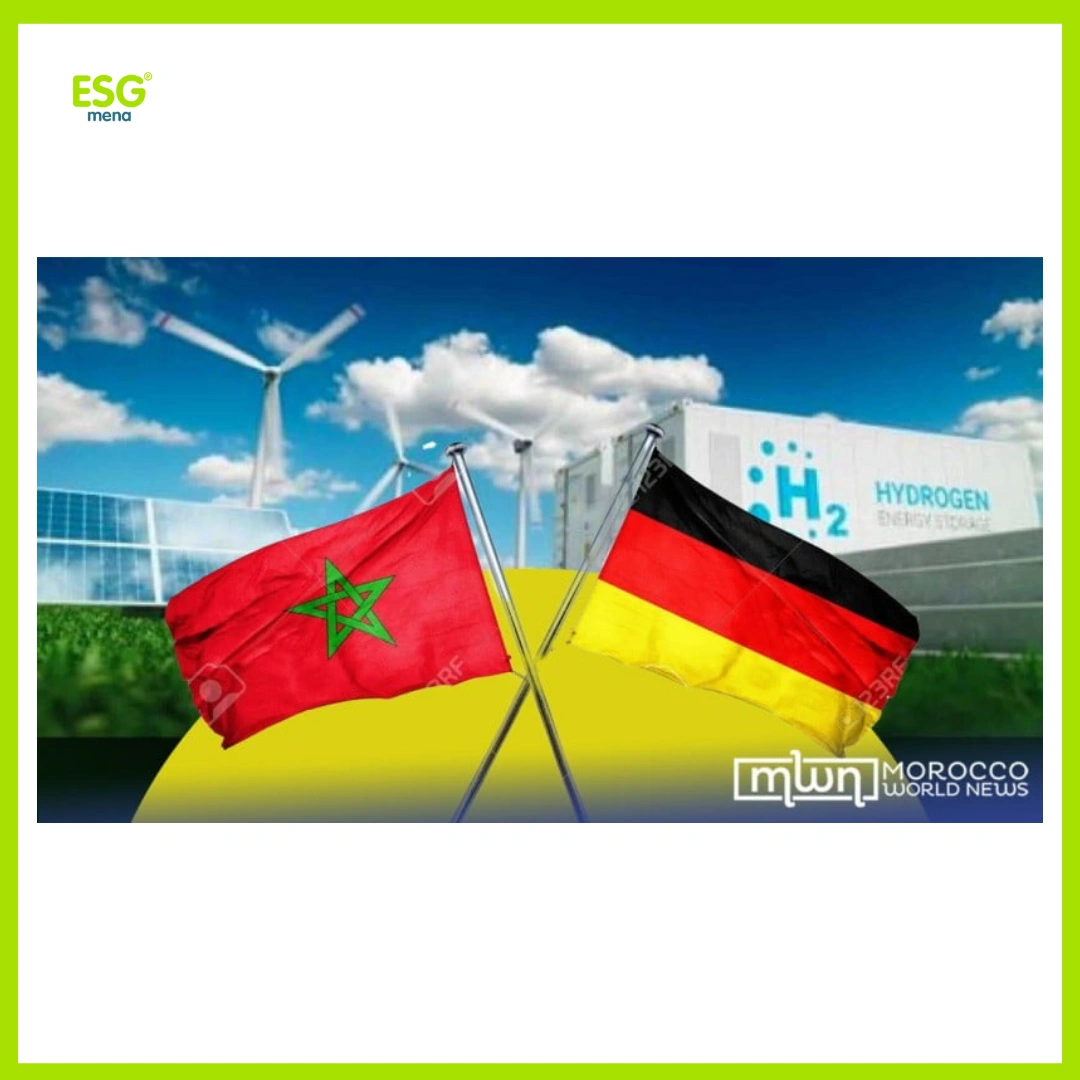Germany Allocates €38M for Morocco’s First Green Hydrogen Plant
Morocco green hydrogen plant plans have taken a major leap forward, as Germany has pledged €38 million to support the country’s first industrial hydrogen facility. This funding marks a strategic move to position Morocco and Germany as leaders in Africa’s renewable energy sector.
Morocco Green Hydrogen Plant to Pioneer Industrial-Scale Production in Africa
The investment, equivalent to MAD 408 million, was confirmed following a bilateral meeting in Berlin on October 18–19, where Moroccan and German officials discussed energy cooperation and development strategies. The German embassy in Rabat announced the deal, highlighting that the project will be the first of its kind on the continent.
Morocco’s abundant solar and wind resources make it ideal for green hydrogen production. The embassy emphasized the potential for Morocco to become a critical hub for clean hydrogen exports, with Berlin calling the initiative a cornerstone for “Africa’s energy future.”
Diplomatic Boost Fuels Green Hydrogen Partnership
Germany’s interest in the Morocco green hydrogen plant comes amid improving diplomatic relations, following earlier tensions regarding the Western Sahara issue. A renewed spirit of collaboration was evident, as German officials expressed deep appreciation for Morocco’s strategic location and long-standing partnership with Europe.
“Since the 1950s, Morocco has been Germany’s central partner in the North Africa/Middle East region,” the German embassy noted on Twitter, reaffirming Berlin’s intent to deepen ties in both energy and social development sectors.
Global Investors Eye Morocco’s Green Hydrogen Potential
International giants like ACWA Power (Saudi Arabia) and India’s Adani Group have already shown interest in Morocco’s green hydrogen and renewable markets. Germany’s funding now positions it among the early players aiming to capitalize on Morocco’s rising green energy infrastructure.
Though the Morocco green hydrogen plant market remains in its infancy, the nation’s energy ambitions are clear: attract foreign investment, diversify its energy mix, and contribute to climate goals.
Beyond Energy: Germany Funds Social Development and Training
In addition to energy cooperation, Germany also committed a €122 million loan via the German Development Bank (KfW) to help Morocco expand its social protection programs. Further support includes training programs to empower women and youth, aligning with Morocco’s New Development Model, which aims to increase female labor market participation to 35% by 2035.
Germany’s investment in the Morocco green hydrogen plant is not just a climate initiative—it reflects a broader agenda of sustainable economic growth, social equity, and North-South cooperation.
Learn more about the bilateral efforts in this Morocco World News report on Germany-Morocco cooperation. For a deeper dive into Morocco’s renewable strategy, explore our article on Morocco’s Renewable Energy Goals by 2030.





